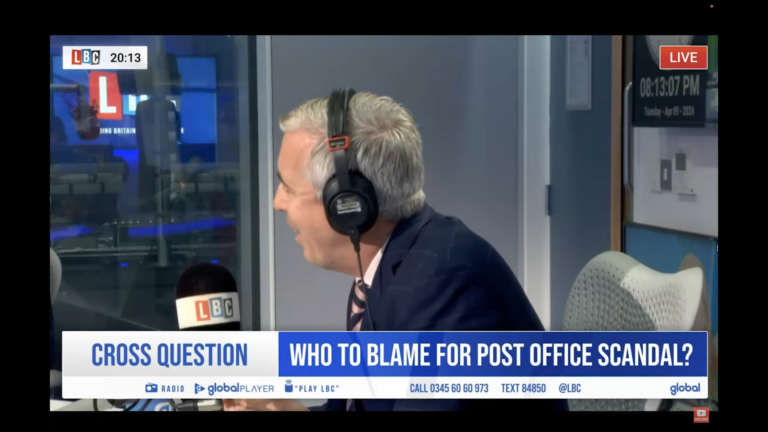Last night PLMR’s Catrin Owen attended Policy Exchange’s discussion on ‘Using health data to develop better treatments’ with guest speakers Tim Kelsey, National Director for Patients and Information in the National Health Service, and Rohan Silva, Senior Policy Adviser to the Prime Minister. The event was chaired by Policy Exchange Director, Neil O’Brien.
Tim Kelsey
Kelsey began by noting the UK has struggled to find a role for I.T. in the NHS over the past 10 years, but the rise of technology is going to be the most important event in healthcare for a generation. He expressed concern that doctors are still keeping patient records in “dated and tatty” folders and suggested that as has happened with the spread of online banking, the same principles need to occur in healthcare, where patients can view their medical records online.
Continuing, Kelsey noted technology in healthcare, when implemented effectively, can give people the tools they need to get the best out of the system. He believes transparency and participation are the best two words to describe what we want from our healthcare, with information available as freely as possible and packaged in a way that would boost research and innovation in the life sciences industry.
Kelsey also suggested there are huge information voids in our healthcare system and stated we effectively know nothing about the quality of primary care. He believes that this situation is going to get worse as in some cases the quality of primary care in Britain is harmful, but we don’t know because we’ve not unlocked the data. He also noted many dementia sufferers have died because they have been given anti-psychotic drugs and we don’t know which doctors are doing this because we cannot link the data together.
On participation, Kelsey said that by spring of 2015 every patient will have access to their medical records and will be able to view their prescriptions online, claiming this will save £6 billion over the next 5 years and is effectively introducing online banking to healthcare. By 2015 Kelsey believes we will have paperless referrals to the NHS which will save the Government money.
He concluded by highlighting the amazing opportunity the UK has to be an “exemplar for the world” in health services and how medical professionals across the world are looking to the UK for guidance.
Rohan Silva
Silva, unsurprisingly, took a more party political angle, beginning his speech by outlining how data collection in the NHS worked under the last government. He claimed it was always the instinct to collect data to the centre and there was generally a “commanding heights” approach to data. This led to a cosy, corporatist relationship between Whitehall and I.T. providers, where 70% of the £15billion I.T. investments made by the last government were to only 7 companies.
He described this situation as “big companies working closely with big business,” and suggested if big I.T. contracts are doled out to a limited number of companies – for example, 1 company getting a £2 billion contract – this greatly increased what can go wrong in the system.
Throughout the speech, Silva made heavy use of statistics from Francis Maude about online data. He claimed only 5% of student loans are transacted online and last year only 7 pensioners managed their state pension online. He believes this is a cause for concern as paper systems increase costs exponentially. He also claimed that in sharp contrast to their predecessors, the Coalition reduced government I.T. expenditure to £6 billion and he is confident that this can be further reduced by another 50%.
Continuing, he suggested under the last government even the most basic data wasn’t published online, and if it was published it was usually in blurred in big reports. From an ideological perspective, he noted his belief that making data more freely available could be popular amongst right wing thinkers as, “we like markets because great things happen when you spread information.”
Silva said that in the next couple of weeks the Prime Minister will be setting out the government strategy for genetic data. He also pointed out that last year’s UK Life Sciences Strategy, anonoymised patient data has to be passed on to researchers unless the patient opts out. He said that one benefit of the centralisation of the NHS was the ability to have the entire patient data stored in one place.
Silva concluded his speech by saying this Government’s approach was about giving power back to the people rather than concentrating power in the centre.




